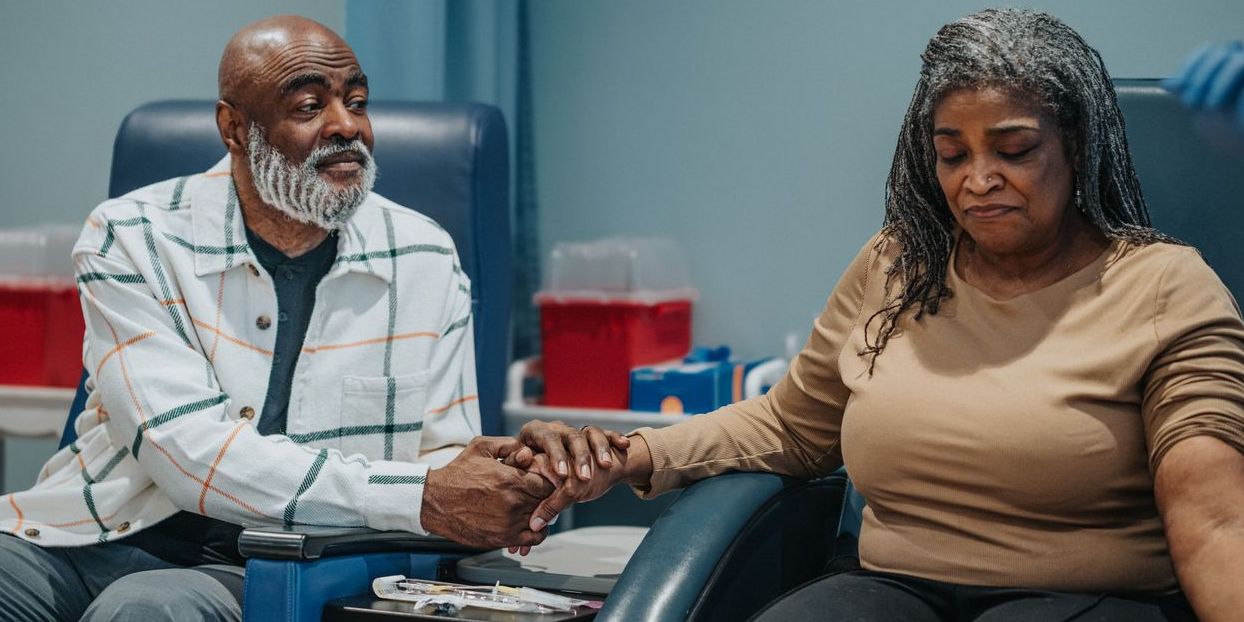Photo Credit: Gulyayeva
The following is a summary of “Risk of fungal infection in patients with psoriasis receiving biologics: a retrospective single-center cohort study,” published in the September 2024 issue of Dermatology by Minami et al.
The risk of fungal infections in patients with psoriasis who have received biologics is not fully understood in clinical practice, raising concerns about their safety.
Researchers conducted a retrospective study to evaluate the risk and incidence of fungal infections in patients with psoriasis receiving biologics.
The study was conducted on 592 patients with psoriasis who were treated with biologics at a single center to assess the incidence of fungal infections. They analyzed risk factors, including the type of biologic agent IL-17 inhibitors and patient characteristics, such as age and diabetes status.
The results showed that 12.3% of patients (73 out of 592) developed a fungal infection. The use of IL-17 inhibitors was significantly associated with a higher occurrence of fungal infections compared to other biologics (P = .004). Additionally, the results demonstrated that age at the start of biologic therapy (OR: 1.04; 95% CI: 1.02-1.06) and diabetes mellitus (OR: 2.40; 95% CI: 1.20-4.79) were independent risk factors for fungal infections.
The study concluded that patients with psoriasis treated with IL-17 inhibitors had a higher risk of fungal infections, particularly candidiasis, with age and diabetes being additional risk factors.












Create Post
Twitter/X Preview
Logout